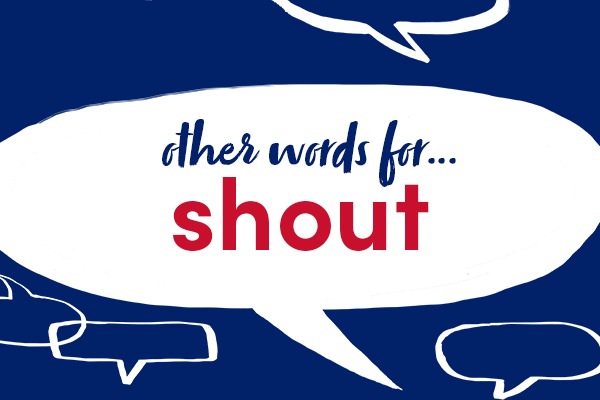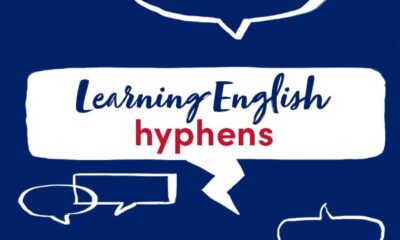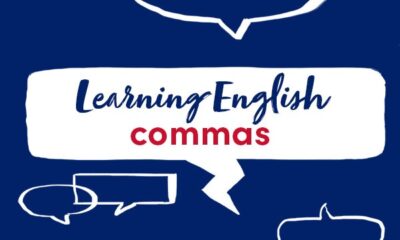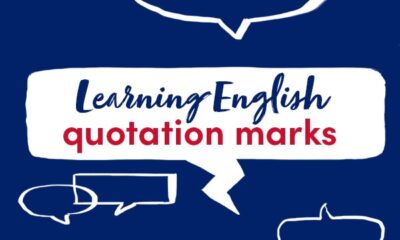The word ‘’shout’ is one that is frequently used in English, yet there are many other different words you can use instead to be more specific and make your writing more interesting.

Why not try these words instead of using ‘shout’?
- bawl Our neighbour is always bawling at his children.
- bellow “And don’t you dare come back!” the farmer bellowed.
- call out “I’m going out for a walk,” I called out to my wife.
- holler He hollered for help.
- raise your voice It is possible to have a chat with them without raising your voice.
- roar “I’ll never forgive you for this!” I roared.
- scream I was screaming at them to get out of the house.
- shriek She shrieked and ran from the room.
- snap “Just do as I say!” my mother snapped at my brother and me.
- snarl The gangster snarled, “You’re in a bit of bother now, son!”
- yell Milly yelled that she’d been stung by a wasp.
Look at the Thesaurus entry for shout to find other synonyms and examples.
All opinions expressed on this blog are those of the individual writers, and do not necessarily reflect the opinions or policies of Collins, or its parent company, HarperCollins.



